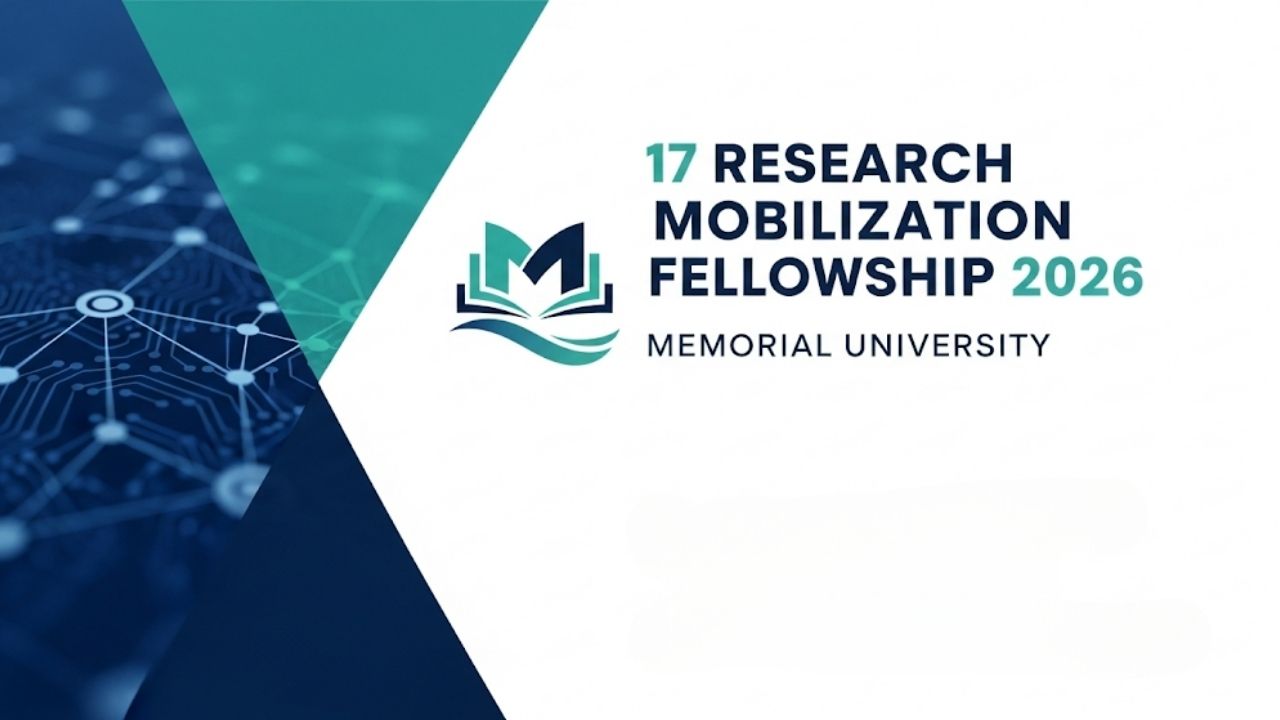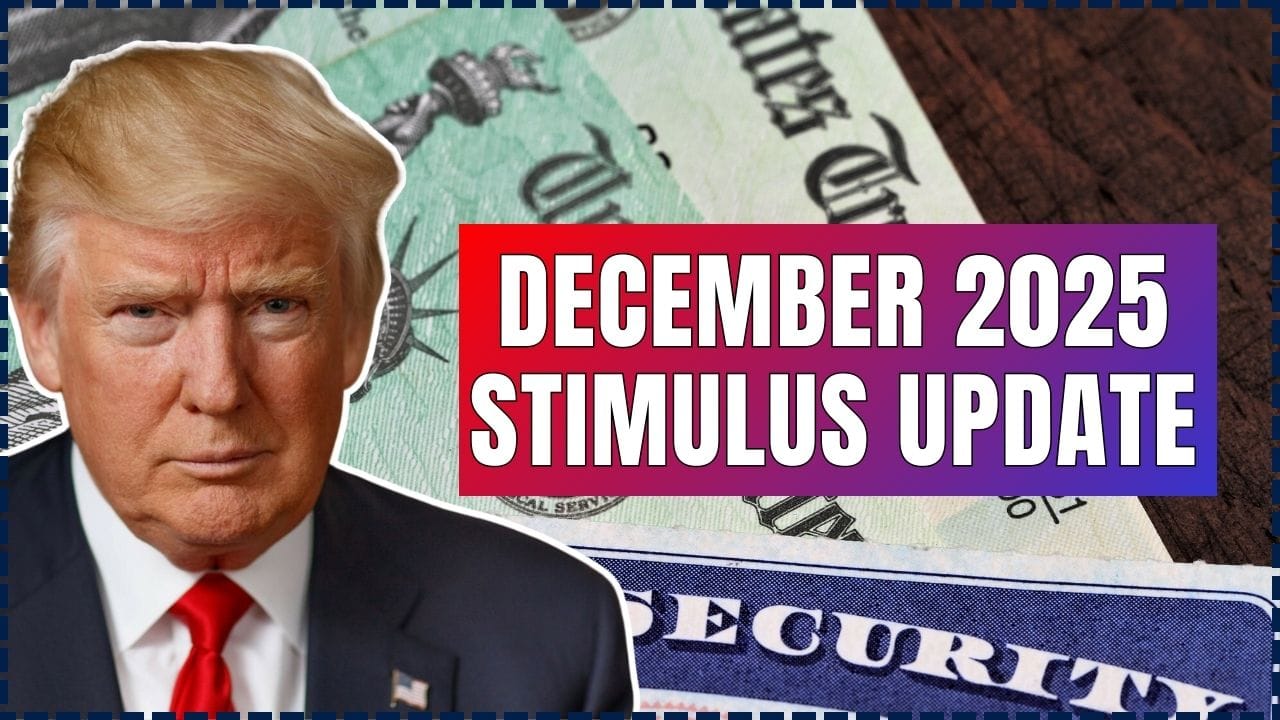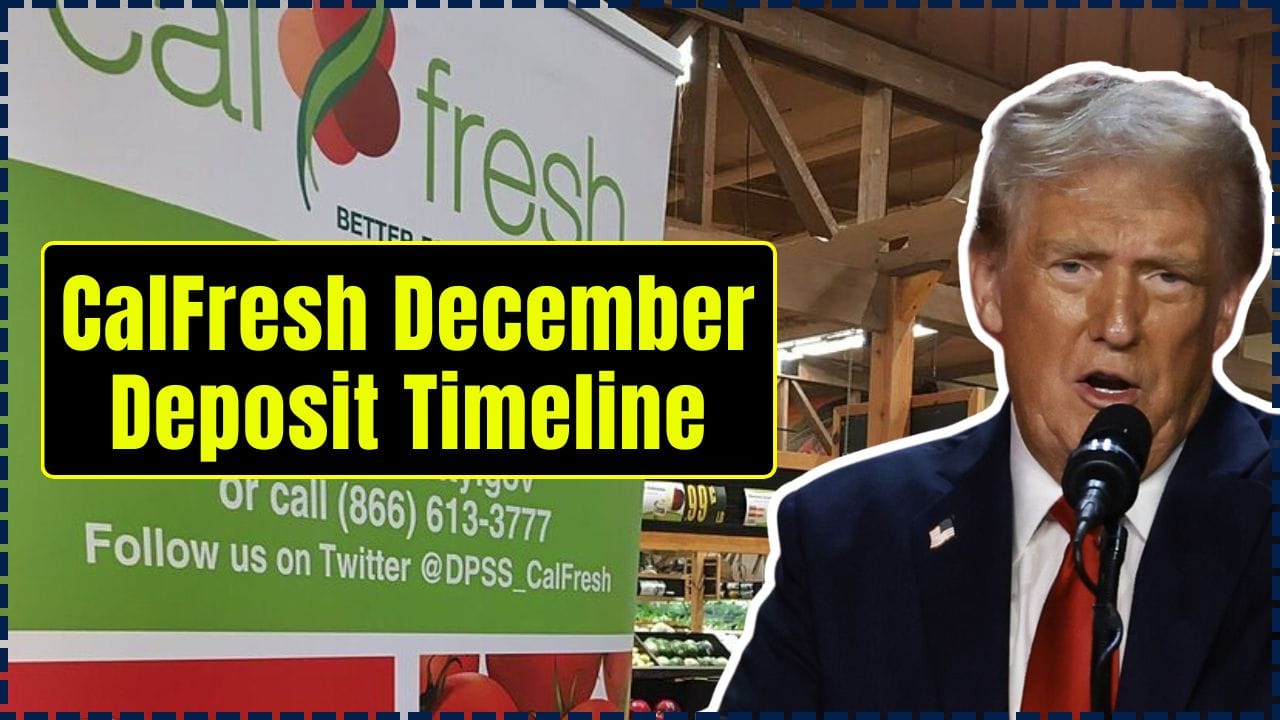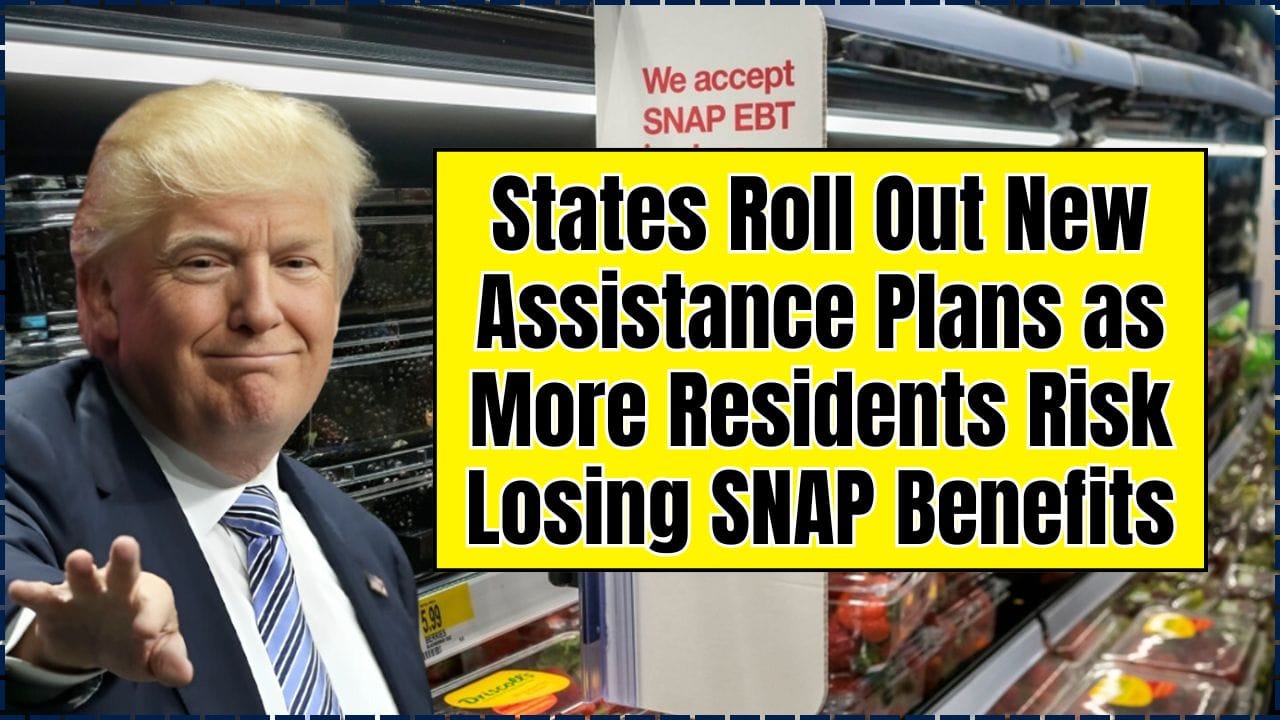Are you a promising young researcher with ambitions that extend beyond your current borders? The Port to Europe Fellowship 2026 by RWTH Aachen University could be the exact opportunity you’ve been waiting for. This isn’t just a grant; it’s a launchpad for your academic career, offering a chance to integrate into one of Europe’s top technical universities and make a real impact with your research. In this guide, we’ll demystify the fellowship, providing you with a clear, actionable roadmap to successfully navigate the application process.
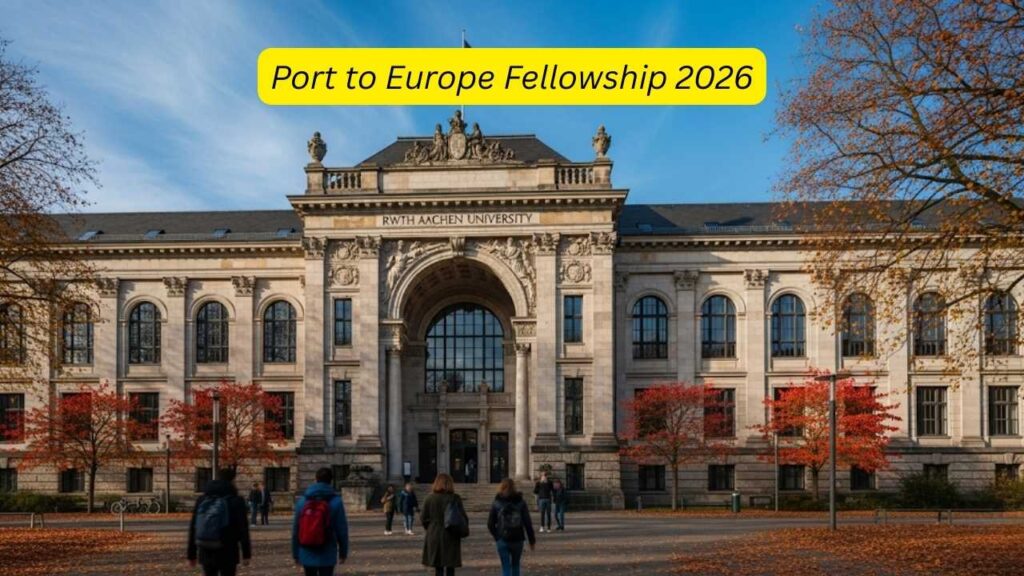
What is the Port to Europe Fellowship? A Snapshot
The “Port to Europe” Postdoc Fellowship is a two-year, fully-funded research position designed to attract highly qualified postdoctoral researchers from outside the European Union. It’s a key initiative by RWTH Aachen University to foster international collaboration and bring fresh perspectives to its vibrant research community. The fellowship is open to all disciplines, highlighting the university’s commitment to interdisciplinary innovation.
| Key Fact | Detail, RWTH Aachen University |
| Duration | 24 months |
| Eligibility | Postdoctoral researchers currently based outside the EU (regardless of nationality) with a PhD obtained no more than four years ago. |
| Application Deadline | October 5, 2025 |
The Port to Europe Fellowship is a transformative opportunity for ambitious postdoctoral researchers. It’s a chance to immerse yourself in a world-class academic environment, build a strong research profile, and network with leading experts in your field. While the application process is rigorous, it is also highly rewarding. By carefully following the steps outlined here—from securing a host to meticulously crafting your proposal—you can position yourself for success. Don’t let this incredible opportunity pass you by. Start your preparation today and take the first step toward a new chapter in your research journey.
The Value of This Opportunity: Why It’s Worth Your Time
Securing a Port to Europe Fellowship 2026 is about more than just a job; it’s about gaining a foothold in a global research powerhouse. RWTH Aachen is a leading institution with a strong emphasis on interdisciplinary research and the transfer of knowledge into meaningful applications. As a fellow, you become an integrated member of this community, with the freedom to shape your own academic profile and the support to publish your results in top-tier journals and conferences.
In my experience advising students, the biggest fear is often the financial burden of moving abroad. This fellowship addresses that directly, offering a full-time employment contract (TV-L EG 13) which provides a stable and competitive salary. It allows you to focus entirely on your research without the constant stress of securing additional funding. This kind of financial security is a game-changer for early-career researchers.
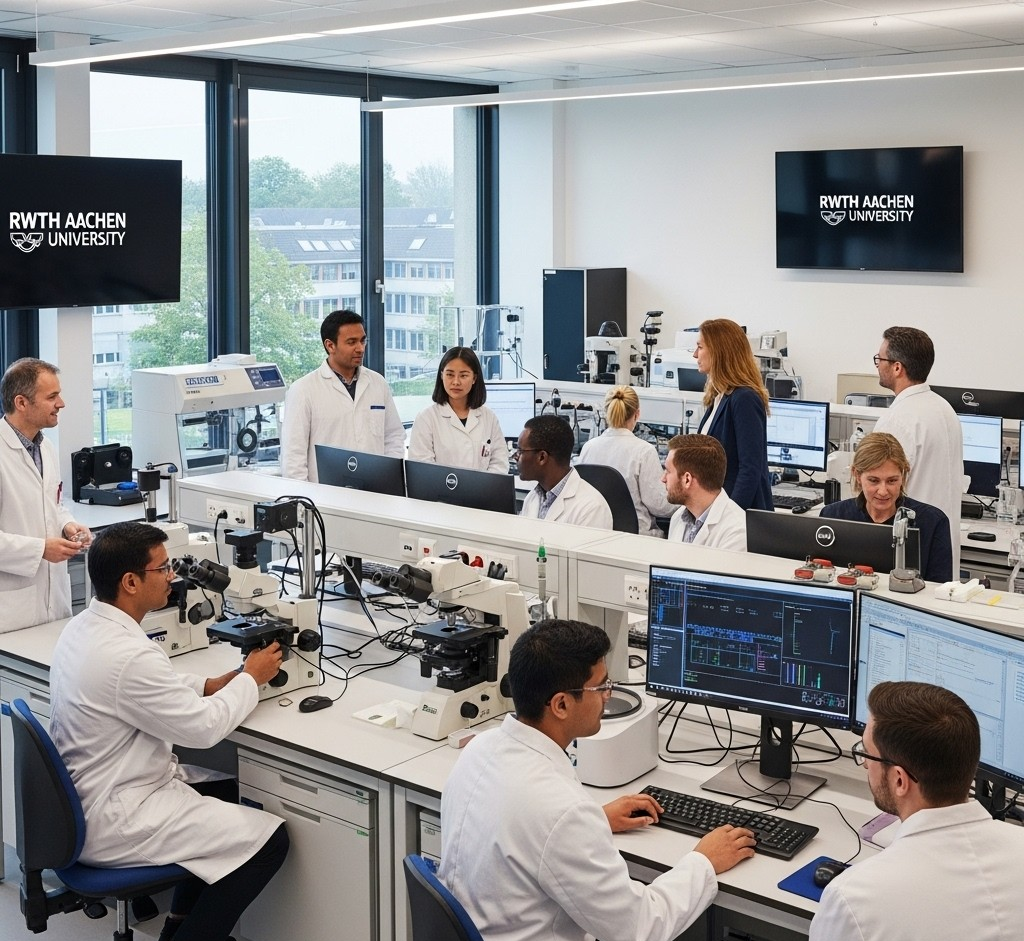
Your Step-by-Step Application Guide
Successfully applying for this fellowship requires meticulous planning and a deep understanding of what the selection committee is looking for. Let’s break down the process into manageable steps.
1. Finding Your Host at RWTH Aachen
This is perhaps the most critical step. The fellowship requires you to have a host—a professor, chair, or institute at RWTH Aachen—who will support your project. Your proposed research must align with their academic profile. You need to secure a commitment from them, which will be formalized in a required letter of support.
- How to search: Start by exploring the university’s research profile areas and faculties. Look for academics whose work resonates with your own. Don’t be shy to reach out to them directly. A well-crafted email expressing your interest and briefly outlining your research idea can open doors.
- What to include: When you contact a potential host, attach your CV and a brief, compelling summary of your proposed project. This shows you’ve done your homework and are a serious candidate.
2. Crafting a Winning Research Proposal
The research proposal is the heart of your application. It’s your chance to demonstrate the scientific quality and originality of your project. The official guidelines specify a maximum of four pages, excluding references, so every word counts.
- Be Specific: Don’t just present a vague idea. Outline a clear, feasible research plan with specific objectives, methodologies, and expected outcomes.
- Show Alignment: Explicitly connect your project to your potential host’s research and the broader goals of RWTH Aachen University.
- Highlight Originality: What makes your research unique? Explain how it pushes the boundaries of knowledge in your field.
3. Assembling Your Application Documents
The application is submitted online and requires several key documents in PDF format. Ensure they are all meticulously prepared and adhere to the specified page limits.
- Letter of Motivation (max. 1 page): This is your personal statement. It should explain why you are the perfect candidate for this fellowship. Connect your past achievements to your future goals at RWTH Aachen.
- CV (max. 5 pages): Beyond a standard CV, you are encouraged to include a broad range of academic contributions beyond publications. This could include teaching experience, mentoring, and contributions to open science or societal impact.
- PhD Certificate/Proof of Completion: You must hold a PhD (no more than four years prior to the application) or be in the final stages, with completion expected by February 28, 2026. If you haven’t completed it, you need a confirmation from your supervisor.
- Letter of Support (max. 1 page): This document, written by your RWTH host, is a crucial endorsement of your project and your potential.

4. Submit Before the Deadline
The application deadline is October 5, 2025. This is a hard deadline, and late submissions will not be considered. Give yourself plenty of time to prepare all the documents, secure the letter of support, and submit everything through the official portal.
A quick tip from my own experience: I’ve seen many qualified applicants get tripped up by small details. Double-check every page limit and formatting requirement. A well-organized, clean application demonstrates professionalism and respect for the committee’s time.
Harvard Kennedy School Full Scholarship for U.S. Public Servants & Military Veterans
FAQs
Q1: What are the specific eligibility requirements for the fellowship?
To be eligible for the Port to Europe Fellowship, you must be a postdoctoral researcher who is currently based outside of the European Union, regardless of your nationality. You must have obtained your PhD no more than four years prior to the application deadline. If you are in the final stages of your doctorate, you can still apply, provided you will have completed it by February 28, 2026. Applicants who obtained their PhD from RWTH Aachen or are currently employed there are not eligible.
Q2: Is it mandatory to find a host professor at RWTH Aachen before I apply?
Yes, it is. Securing a commitment from a professor, chair, or institute at RWTH Aachen is a crucial part of the application process. A one-page letter of support from your potential host is a required document for your application. This demonstrates that your research is a good fit for the university and that you have the necessary academic support to carry out your project.
Q3: Can I apply for the fellowship if I don’t have my PhD certificate yet?
Yes, you can. If you are in the final phase of your doctoral studies, you can apply as long as you can provide a confirmation from your supervisor or university stating that your PhD will be completed by February 28, 2026.
Q4: What is the typical timeline for the application process?
The application period for the Port to Europe Fellowship typically runs for a few months. The call for the 2026 fellowship opened on August 15, 2025, with a deadline of October 5, 2025. Applicants are generally notified of the outcome by mid-November 2025. It’s a good idea to start preparing your documents well in advance of the official opening.
Q5: What kind of financial support does the fellowship provide?
The fellowship offers a full-time employment contract (TV-L EG 13), which includes a competitive salary based on experience. In some cases, a recruitment bonus may also be granted. This is designed to provide you with the financial stability you need to fully dedicate yourself to your research project.




